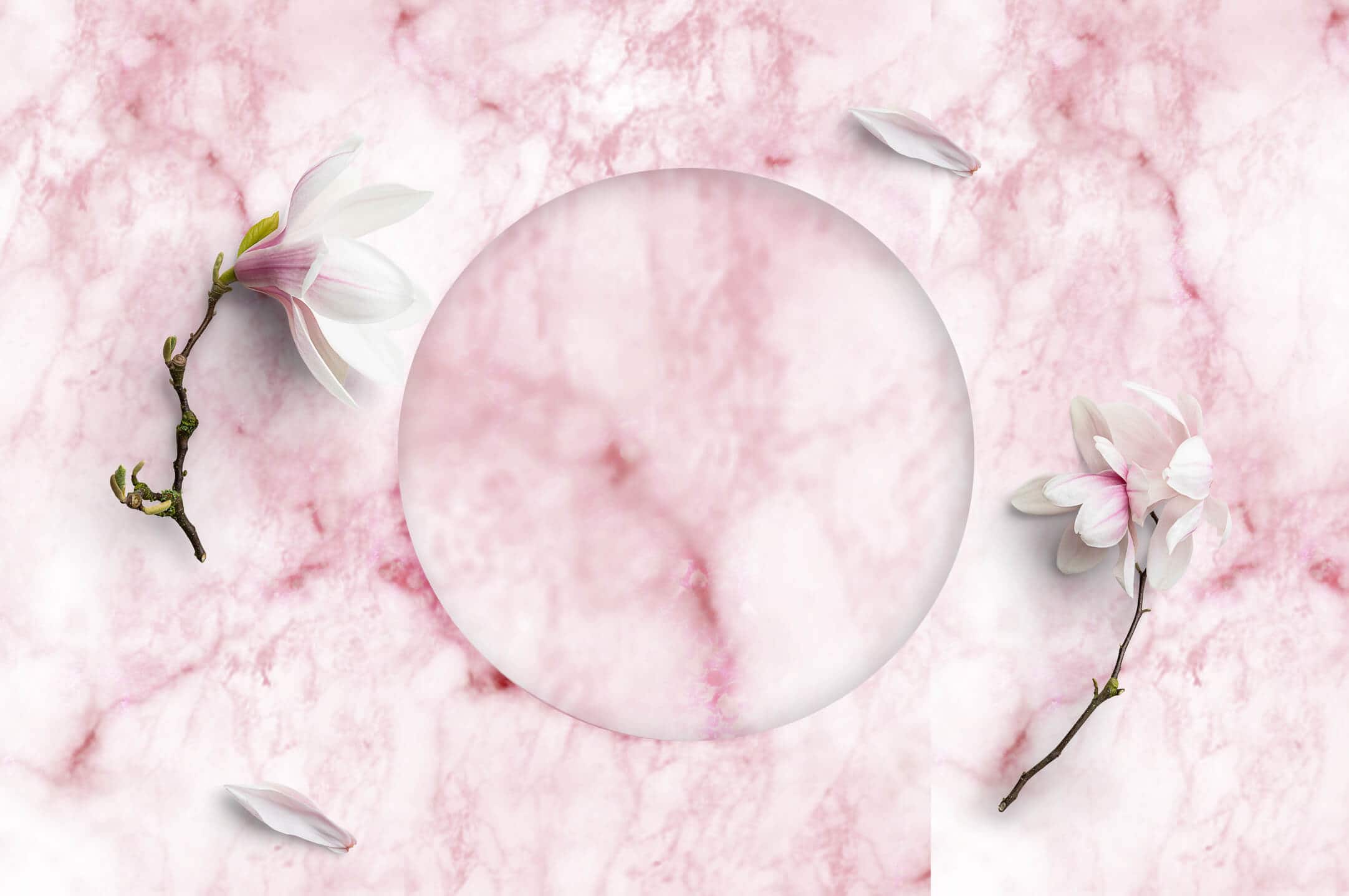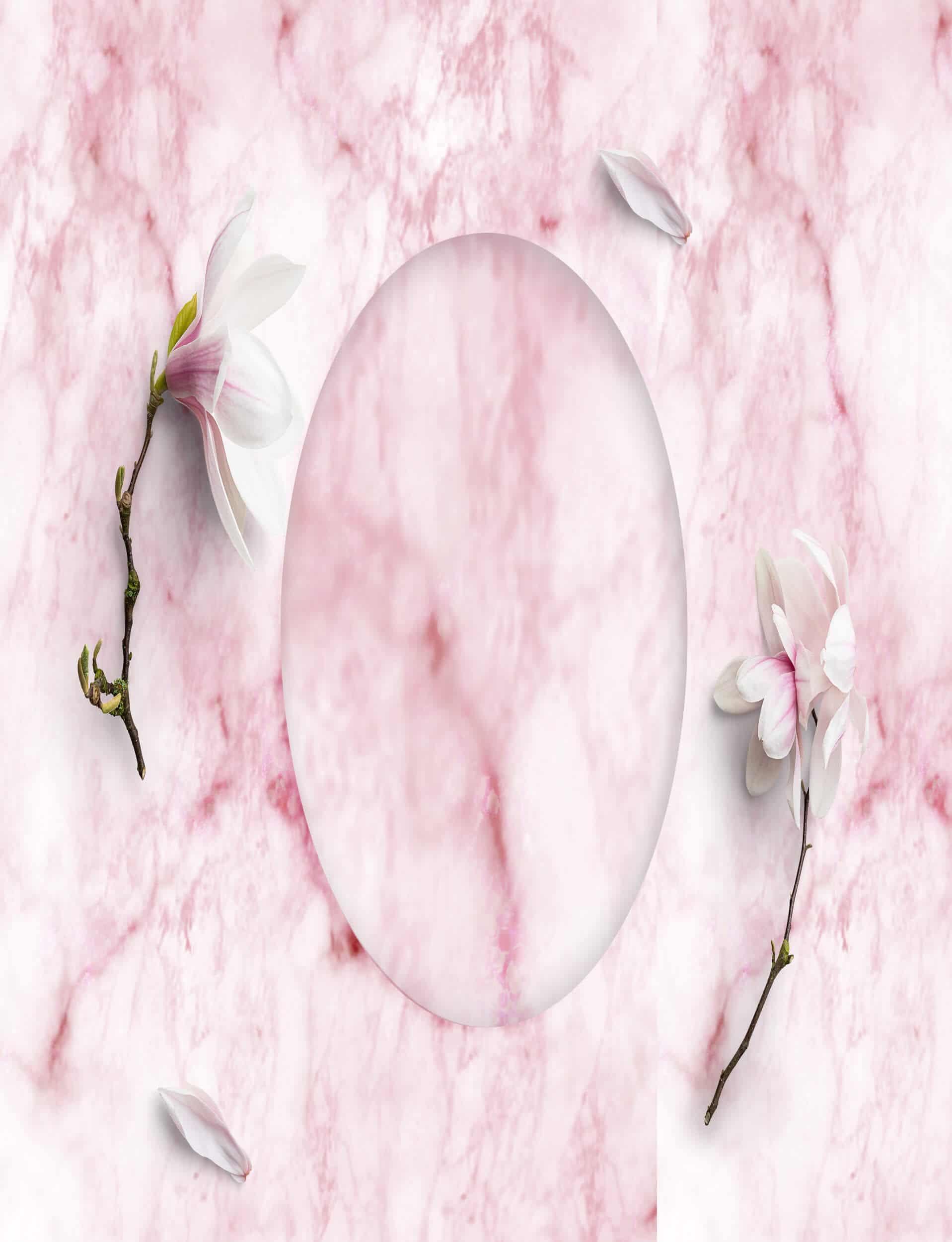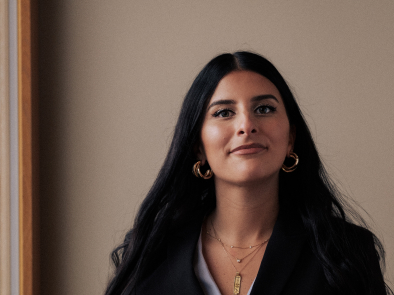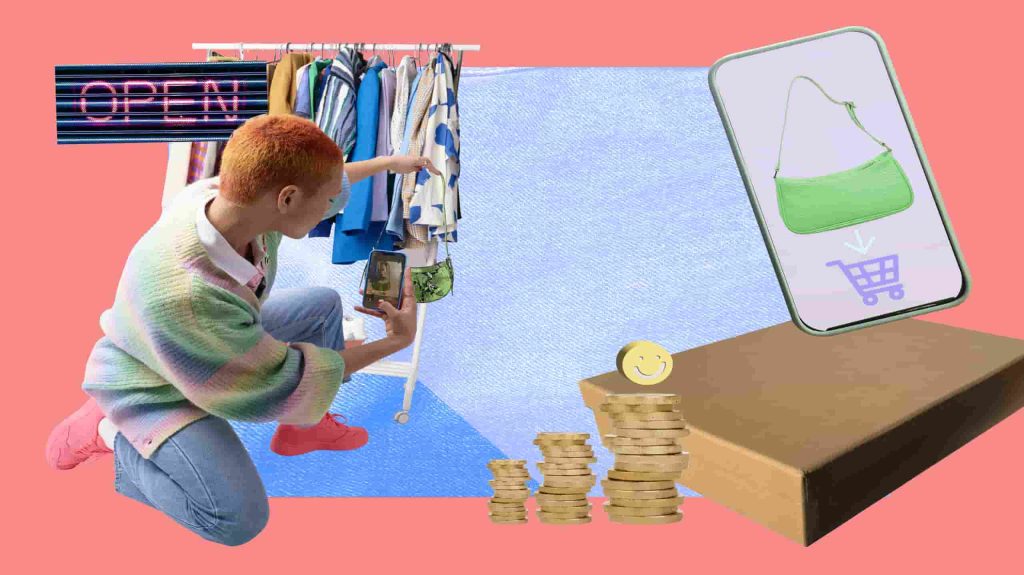


When it comes to the world of brands and marketing, sometimes we find ourselves comparing apples with oranges. Just like these two fruits have enormous contrast in terms of taste, texture, and nutritional value, luxury marketing and ordinary retail marketing also exhibit substantial differences in their approach, brand image, clientele engagement and positioning. Let’s examine both in a journey to understand how high-end products differ from regular offerings. Prepare to examine the world of luxury vs retail marketing, and in the process reveal the details that make each compelling in their way.
What Is luxury marketing?
Luxury marketing isn’t merely about selling products or even premium services. Whether we’re looking at luxury fashion brands, the luxury goods market, or luxury hospitality, it’s also about crafting an emotional journey which allows consumers to indulge and buy into a lifestyle experience. Luxury engages people with concepts of heritage, craftsmanship, prestige, and exclusivity. You may purchase a luxury item from a brand that doesn’t advertise in a conventional way, but rather invites you to take a coveted place at a chic table through a personalized engagement strategy. That’s luxury marketing at work.
Distinguishing factors between luxury and non-luxury brands
There are firm distinctions when you look at premium vs luxury brands, making each quite different.
- Brand image: Luxury brands focus on exclusivity and desirability versus satisfying immediate consumer needs.
- Pricing: They typically command significantly higher prices than mid-market goods and services to maintain their status and reputation.
- Advertising tactics: Unlike retail marketing which thrives on widespread advertising and promotion to the general public, high-end products rely on communication emphasizing their relative scarcity.
- Customer service experience: True luxury brands provide personalized experiences that add measurable value for their customers compared to their mass-market counterparts.
Luxury brand positioning and image
When you examine high-end versus ordinary goods, product characteristics like quality, reliability or durability just aren’t enough for high-end labels anymore. What is a premium product? The definition of luxury goods extends beyond their physical elements to encompass symbolic value that adds prestige to image. Find out more about what it takes to create the ultra-luxury experience.
Strategies for marketing in retail and luxury sectors
Effective strategy is generally oriented around five essential elements: product, price, promotion, place, and people. Collectively they are known as the 5 Ps of marketing. Here’s how these elements can be engaged to drive higher sales.
- Product: Adapting products to local preferences is crucial. Conduct market research to identify what resonates with the local culture. For luxury brands, maintain the exclusivity of products while incorporating subtle design elements or features that appeal to local tastes. This demonstrates a commitment to understanding and respecting the local market.
- Price: Pricing strategies should consider the local economy and income levels. In retail, offering competitive pricing or adjusting price points for specific products can attract a wider audience. For luxury brands, offering limited edition items or exclusive experiences can justify premium pricing and create a sense of exclusivity that resonates with affluent local people or those with high social status.
- Promotion: Offering special deals and highlighting certain deals can help attract new customers and increase sales.
- Place: The location and distribution channels should be chosen strategically. In the retail sector, this may involve selecting store locations in high-traffic areas or collaborating with local retailers. Premium brands should carefully choose flagship stores or boutiques in upscale neighborhoods to cater to their clientele.
- People: Invest in training and hiring local talent who understand the culture and can provide a personalized customer experience. In luxury marketing, having staff who can speak the local language and understand cultural nuances is essential for building strong relationships with clients.
Learning the top strategies for marketing can really help you make a mark in your industry. Hospitality degrees are one of the top ways to learn how to handle luxury brands.
World-beating skills in luxury management
Learn from industry insiders and expand your professional networks through exclusive placements with our prestigious partners as you move towards leadership.
Master luxury brand management
Marketing strategies for luxury brands

We Are/ DigitalVision via Getty Images
High-end products require a unique marketing strategy, tailored to their exclusive nature and select audience. In this section let’s take a look at the tech trends shaping luxury brand marketing, strategies worth exploiting, and how digital marketing plays into all of this.
The 4 Es of luxury marketing
There are several factors embodied by luxury brands that justify their high price tags which are based around the four Es.
- Exclusivity: The notion that only a selected few can have access.
- Experience: Cultivating memorable interactions over tangible ownership.
- Emotion: Tapping into the deep-seated desires of affluent consumers.
- Engagement: Building authentic relationships between brand and buyers.
Each presents an aspect through which luxury strategy can unfold successfully.
Tech trends that will define the industry of luxury
New and exciting technology continues to play an increasingly pivotal role in defining the trajectory of every industry and luxury marketing is no exception. First among these trends is immersive technology, where Augmented Reality (AR) and Virtual Reality (VR) are being utilized by high-end brands to offer customers experiences that distinguish them from ordinary retail outlets.
Another noteworthy trend is the use of artificial intelligence (AI). Essentially, luxury retailers can now incorporate AI-powered tools like chatbots in customer service to deliver highly personalized recommendations which resemble bespoke services provided in physical stores.
The last trend worth mentioning ties is related to social media – influencer marketing. This practice leverages popular figures’ profiles in digital communities to promote luxury goods. For example, an influencer recommending a product can establish an emotional connection and inspire trust in and desire for the advertised product.
Word of mouth marketing
It might come as a surprise, but word-of-mouth tends to be the most effective yet often overlooked marketing strategy. Despite advanced technologies at our disposal, nothing outranks personalized recommendations that arise from direct consumer experience. This is a powerful but underestimated tool in creating luxury brand loyalty.
Digital marketing for luxury brands
This is an era where the definition of luxury goods continually evolves due to the integration of technology into marketing strategies. When it comes to the digital marketing of high-end vs luxury items, four cornerstones form the foundation of this: website design, content marketing, social media channels and email marketing. These methods directly influence potential buyers’ purchasing process when interfacing online with their favorite luxury goods, effectively extending a brand’s reach.
In essence, tech advances, together with increasingly adaptive consumers have paved the way for inventive marketing strategies that play with preconceptions and bring about innovative transformations whilst retaining the allure associated with luxury brands.
Career opportunities in luxury marketing
Career opportunities in luxury marketing beckon for those with a keen eye for elegance and a flair for strategic creativity. In this niche, professionals have the privilege of crafting and promoting high-end brand promotions to an often elite audience. From brand managers shaping the identity of luxury labels to digital marketers orchestrating immersive online experiences, luxury marketing careers offer a diverse array of roles.
The industry is characterized by innovation and exclusivity, making it an exciting playground for individuals who appreciate the finer things in life and aspire to combine their marketing expertise with the world of luxury. Whether it’s curating captivating campaigns, managing relationships with high net worth clientele, or leveraging digital platforms to convey opulence, a career in luxury marketing promises a thrilling journey of sophistication and success.
How to work in luxury marketing
Working in luxury marketing is exciting and rewarding, but it requires a disciplined approach and a deep understanding of the luxury industry. Here’s a step-by-step guide on how to embark on a career in luxury marketing.
- Educational background: Start with a solid educational foundation. A bachelor’s degree in marketing, business, or a related field is typically the minimum requirement. Some luxury brands may prefer candidates with a master’s degree in luxury marketing or a similar specialization.
- Develop industry knowledge: Immerse yourself in the world of luxury. Study luxury brands, their history, heritage, and what sets them apart. Read industry publications, follow luxury trends, and attend luxury events to stay updated.
- Build a portfolio: Create a portfolio of work that showcases your marketing skills. This could include case studies, marketing campaigns, or projects related to luxury brands or products. Having a tangible record of your expertise is valuable when applying for luxury marketing positions.
- Networking: This is crucial in the luxury industry. Attend luxury events, conferences, and seminars to connect with professionals in the field. Building relationships can open doors to job opportunities and collaborations.
- Internships and entry-level positions: Start your career by seeking internships or entry-level positions in marketing, preferably with companies that have luxury divisions or affiliations. This hands-on experience will provide valuable insights into luxury marketing strategies.
- Digital marketing proficiency: Develop a strong understanding of digital marketing, including social media, e-commerce, and online advertising. Luxury brands often rely heavily on digital channels to reach their clientele.
- Cultivate creativity: Luxury marketing often involves creating aspirational and visually appealing content. Hone your creative skills, whether in graphic design, copywriting, or video production, to effectively convey the essence of luxury.
- Understanding luxury consumers: Study the psychology and behavior of luxury consumers. Understanding their desires, motivations, and expectations is essential for crafting effective marketing campaigns.
Learn to build luxury hospitality
Discover the secrets of successfully developing and managing luxury hotels through our enviable internship program and access to expert teaching from leaders in the field.
Master degree real estate
Conclusion
The distinction between luxury and retail marketing lies in the art of depicting scarcity and aspiration versus accessibility and convenience. While both share fundamental marketing principles, they diverge in their target audiences, brand positioning, and the emotions they evoke. Luxury marketing entices discerning consumers with exclusivity and prestige, cultivating a desire for the exceptional. In contrast, retail marketing caters to a wider demographic, focusing on affordability and everyday needs. Understanding these differences is crucial for marketers, as it guides their strategies, messaging, and channels to effectively reach their intended audiences. If you want to embark on a career in the fascinating luxury hospitality industry, get started today with a hospitality degree from Glion.
Photo Credit
Main Image: Carol Yepes/ Moment via Getty Images
















